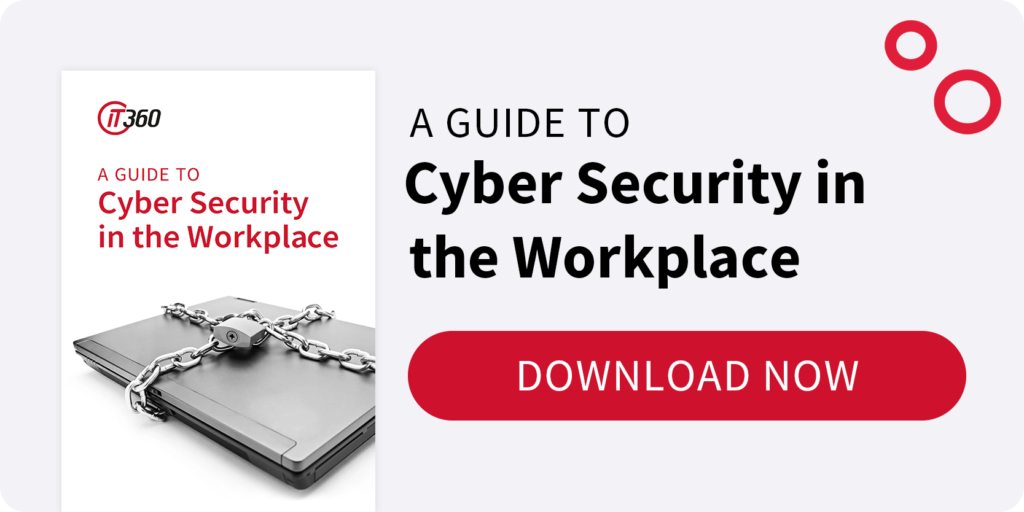How did we do business before mobile phones or the internet?
Not so long ago, your typical Kiwi plumber would tell his office assistant the five jobs he’d be visiting that day. If there was an emergency or someone needed to reach him, the receptionist would phone the land lines of each of those five households until she found where he was or where he was heading.
Through cellphones we can be reached anywhere at any time. While the increase and speed of communication has improved how businesses are run, constantly having access to work in your pocket or handbag blurs the line between work and social life.
Work-life Balance: Is there such a thing?
Do you have separate personal and work phones? Odds are, you find taking care of two phones more difficult than managing your time with one, and your employees will be exactly the same. That means in addition to your personal email, Facebook, social media and photos you will also have access to work emails, documents, and social media on the same device.
A survey by Aruba Networks found 6 in 10 people share their work and personal devices with others regularly. That’s phones, laptops and tablets with access to company data, or have business information stored on them. The same survey found 1 in 5 employees don’t have a password on their mobile device, and when asked why not, nearly 1 in 4 said it made it easier to share devices with others. This greatly increases your chances of getting hacked!
Most of the time, friends borrowing their devices won’t be malicious. They’ll want to make a call after their own battery has gone flat, check their Facebook or Instagram to satisfy their sense of self‐worth, or Google an answer to resolve a dispute.
But what if that friend works at a competing firm? Is your sensitive company information protected from improper use from work devices, or the personal devices of your employees? Over one third of businesses don’t have any type of basic mobile cyber security monitoring policies in place. This makes your business vulnerable, which is backed by the Aruba survey which found 4 in 10 organisations had lost company data through the misuse of a mobile device.
The rise of internet and mobile capabilities has been matched by the growth of cyber‐risk. Between 2000 and 2009 over 10% of the world’s computers were infected by the ILOVEYOU worm which caused over $20 billion worth of damage.
More devices and more people using them increases the security risk to your organisation. A friend borrows your employee’s smartphone and opens the wrong email. All of a sudden that device is infected, with the potential to spread to your company’s server and the phone’s owner has no idea.
In this age of increased communication, capability and sharing, it’s important we match that with the rise of security measures and protection. Our work and social lives might be blurred, but your approach to cyber security doesn’t have to be.
It’s best to be upfront with your employees about cyber security to protect your business from unwanted access and nasty viruses. Sometimes the biggest threats to your business’ cyber security are your own employees!
Keen to understand more about Cyber Security in the Workplace? Download our latest eBook – it’s FREE!



